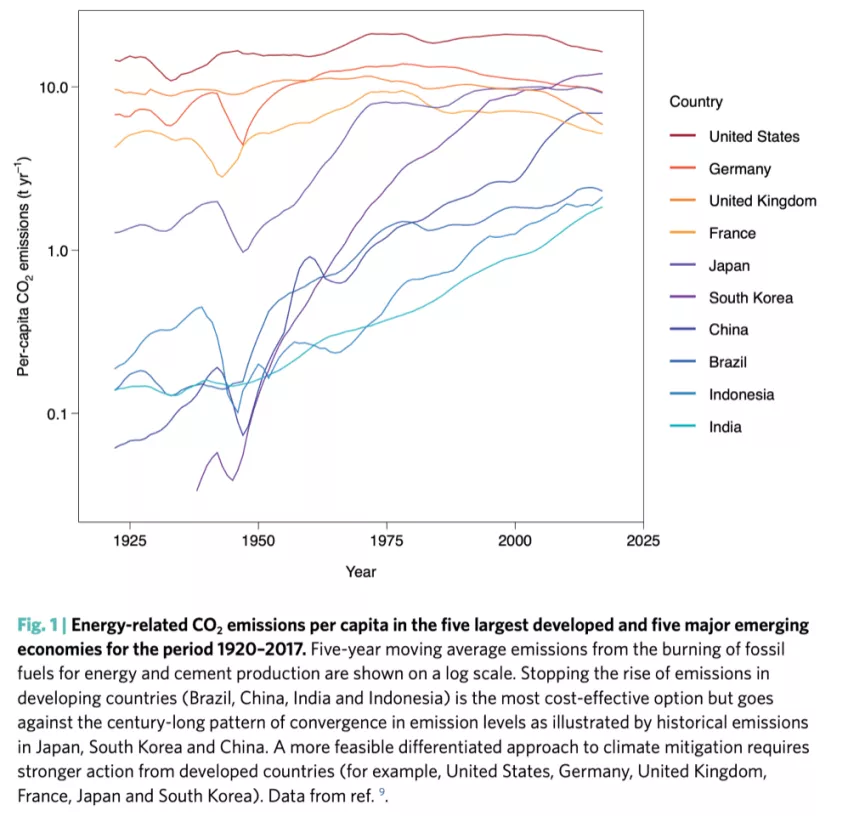In theory, climate change mitigation is least expensive under a universal carbon tax paid by all companies, and citizens worldwide. But what if some countries, especially in the global South, do not want or can't impose a sufficiently high carbon tax? A recent modelling study finds that in the US, climate targets can be achieved at only 10% higher costs if carbon tax is not universal, but instead is proportional to public support for climate action in each state. Another model shows that fair distribution of climate mitigation effort across all countries would result in only 21% higher global costs.
Professor Cherp argues that the validity of these results in the real world depends on two conditions: (1) free movement of energy technologies of capital and industries across countries and (2) willingness of all countries to reduce emissions as dictated by the same global climate goals. Cherp calls for more studies that bridge the ideal world of energy-climate models and the real world's political realities.
Cherp, A. Cost of non-uniform climate policies. Nat Clim Change (2021) doi:10.1038/s41558-021-01133-3.
Link to the paper and to its read-only free version



